According to a joint report released on November 28 by the environmental investigation organization (EIA) and Greenpeace, although British supermarkets promised to reduce the use of disposable plastic bags or packaging, the sales of reusable plastic bags reached 1.5 billion, resulting in an increase in plastic waste.
According to the report, UK retailers produced 900000 tons of plastic waste in 2018, an increase of 19000 tons over 2017.
Retail industry is highly dependent on disposable plastic packaging industry, which will further increase pollution and waste of resources. Half of the five million tons of plastic consumed in the UK each year is plastic package.
Therefore, supermarkets play a key role in driving the system of reducing waste plastics by significantly reducing the use of disposable plastics and supporting the shift to zero packaging and reuse solutions.
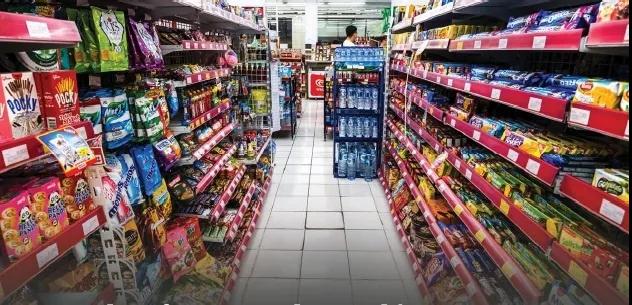
One of the reasons for the increase of waste plastics: Sales of reusable plastic bags soared
According to the report, the sales volume of reusable plastic bags has increased by 25% to 1.5 billion, which is equivalent to 22 per person per year, which is one of the reasons for the increase of plastic waste.
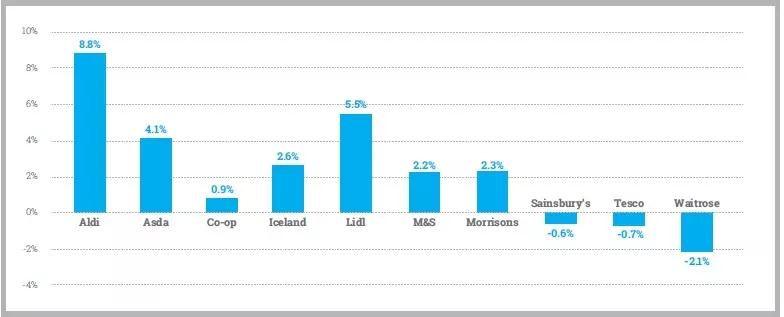
Seven of Britain's top 10 supermarket chains say the total amount of plastic packaging in 2019 is higher than last year.
The proliferation of reusable plastic bags means that many consumers choose these bags as disposable packaging options. In 2018, eight companies reported using 960 million reusable plastic bags; in 2019, the same eight companies reported using 1.24 billion.
Reusable plastic bags contain much more plastic than disposable plastic bags. Environmentalists suggest supermarkets raise the price of each reusable plastic bag to 70p (about 6.26 yuan). They point out that sales of re-use plastic bags in Ireland fell by 90% as local prices rose to 70 euro cents (about NT $5.44) per bag.
The second reason for the increase of waste plastics: the supplier uses plastic packaging
According to the report, the use of plastic packaging by suppliers is also one of the factors contributing to the increase of plastic waste in supermarkets. Supermarkets did not require suppliers to reduce plastic packaging.
"Our survey shows that food retailers need to follow more stringent targets to drive a real reduction in disposable plastic packaging and products," said Juliet Phillips, EIA marine conservation officer.
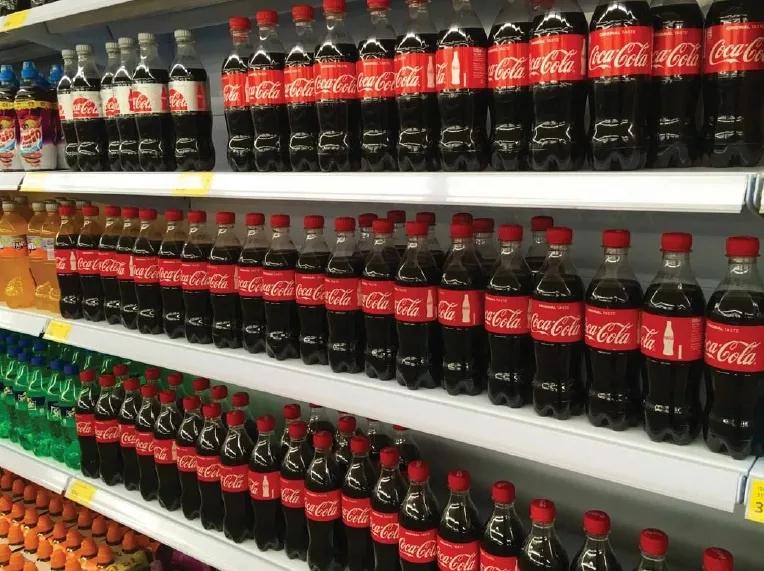
The third reason for the increase of waste plastics: retailer's target of reducing waste is linked to sales volume
At present, the actions and choices taken by supermarkets are affecting the future health of ecosystems and the relationships that depend on them.
At present, all major retailers are committed to reducing the use of plastics in principle, but almost all of these goals are linked to sales volume, which means that enterprises can still achieve their so-called waste reduction goals while increasing their overall plastic footprint.
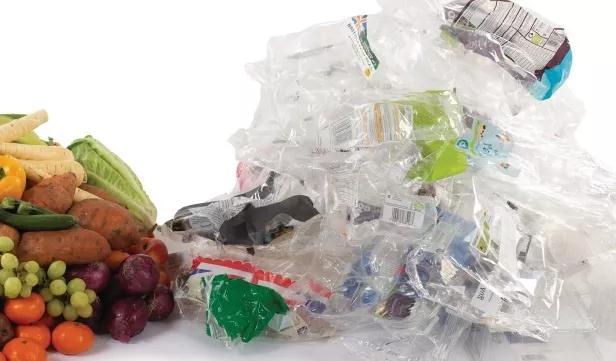
The fourth reason for the increase of waste plastics: most plastic packaging can not be widely recycled
Although recyclability is the focus of the industry's efforts, private label plastic packaging classified as "widely recycled" fell from 64.7% by weight in 2017 to 63.8% in 2018.
In terms of quantity, less than one third of private brand plastic packaging is classified as "widely recycled" due to the presence of more and lighter packaging materials, such as films, in the market. This shows that about two-thirds of supermarkets' own brand plastic packaging cannot be widely recycled.
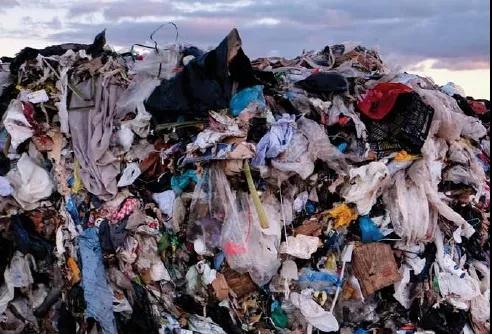
http://www.get-recycling.com/solutions_show.asp?id=8>
http://www.get-recycling.com/solutions_show.asp?id=11>

